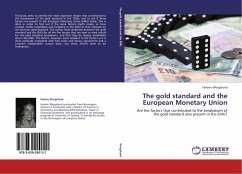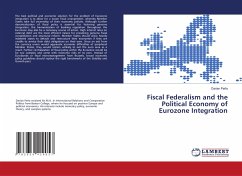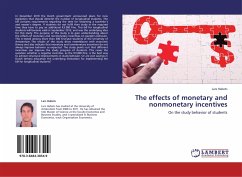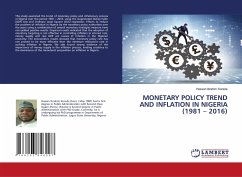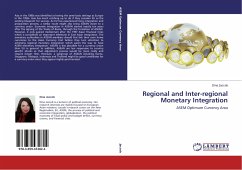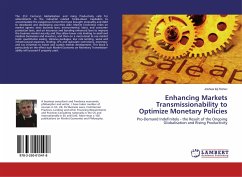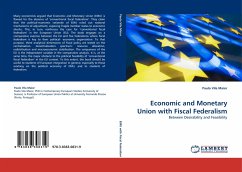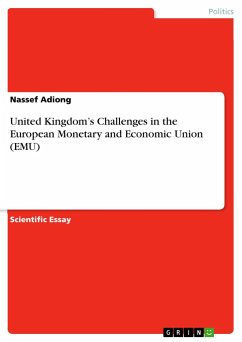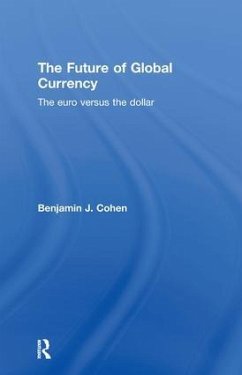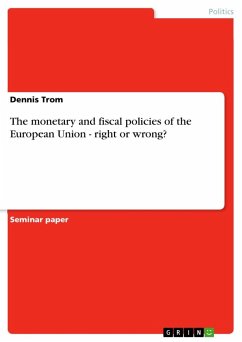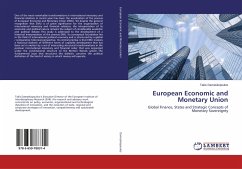
European Economic and Monetary Union
Global Finance, States and Strategic Concepts of Monetary Sovereignty
Versandkostenfrei!
Versandfertig in 6-10 Tagen
57,99 €
inkl. MwSt.

PAYBACK Punkte
29 °P sammeln!
One of the most remarkable transformations in international monetary and financial relations in recent years has been the acceleration of the process of European Economic and Monetary Union (EMU). Yet despite the general recognition that EMU is of great significance for the organization of international monetary and financial relations, the interpretation of its economic and political nature remains the subject of considerable academic and political debate. This study is addressed to the development of a historical interpretation of the process EMU. Its conceptual foundation lies in the field ...
One of the most remarkable transformations in international monetary and financial relations in recent years has been the acceleration of the process of European Economic and Monetary Union (EMU). Yet despite the general recognition that EMU is of great significance for the organization of international monetary and financial relations, the interpretation of its economic and political nature remains the subject of considerable academic and political debate. This study is addressed to the development of a historical interpretation of the process EMU. Its conceptual foundation lies in the field of international political economy and is structured by a global / comparative historical perspective. Its central premise is that EMU involves a historical dialectic of different forms of capitalist development that has been set in motion by a set of interacting structural transformations in the postwar international monetary and financial order that was organized under the constitutional structure of the Bretton Woods system. The fundamental issue that structures this dialectic concerns the political definition of the kind of society in which money will operate.



